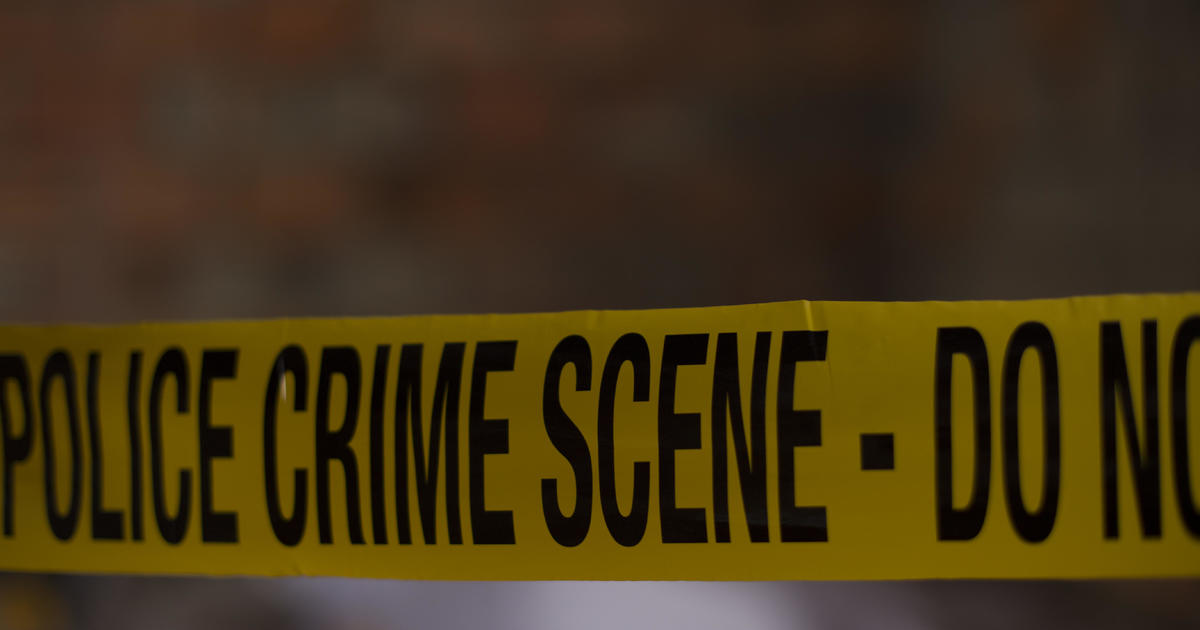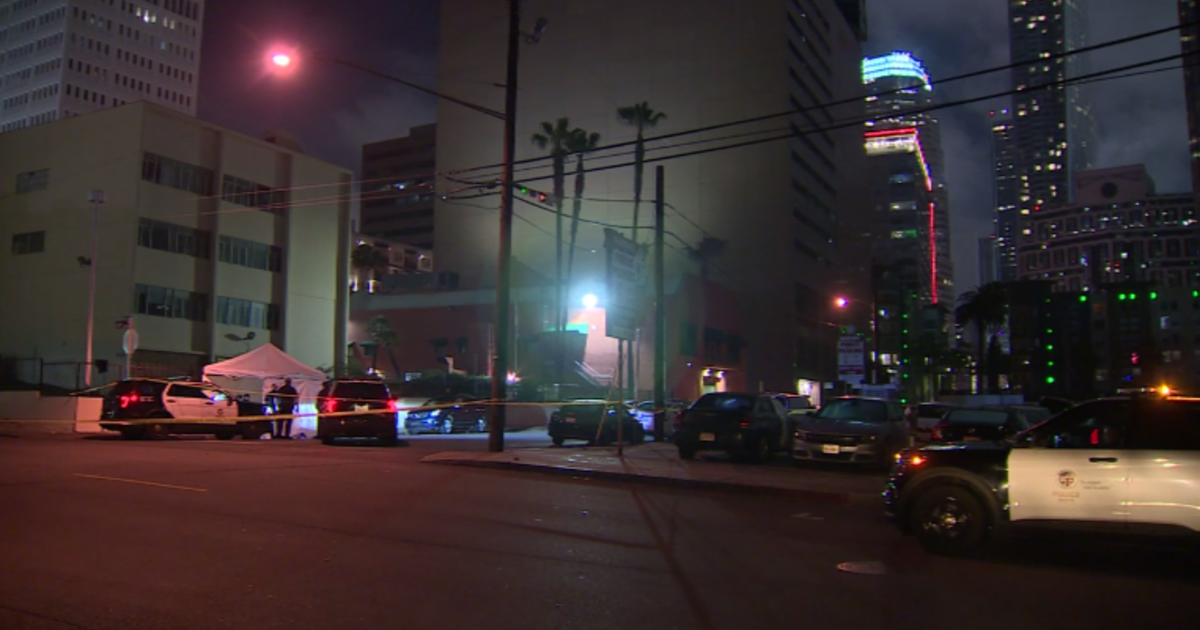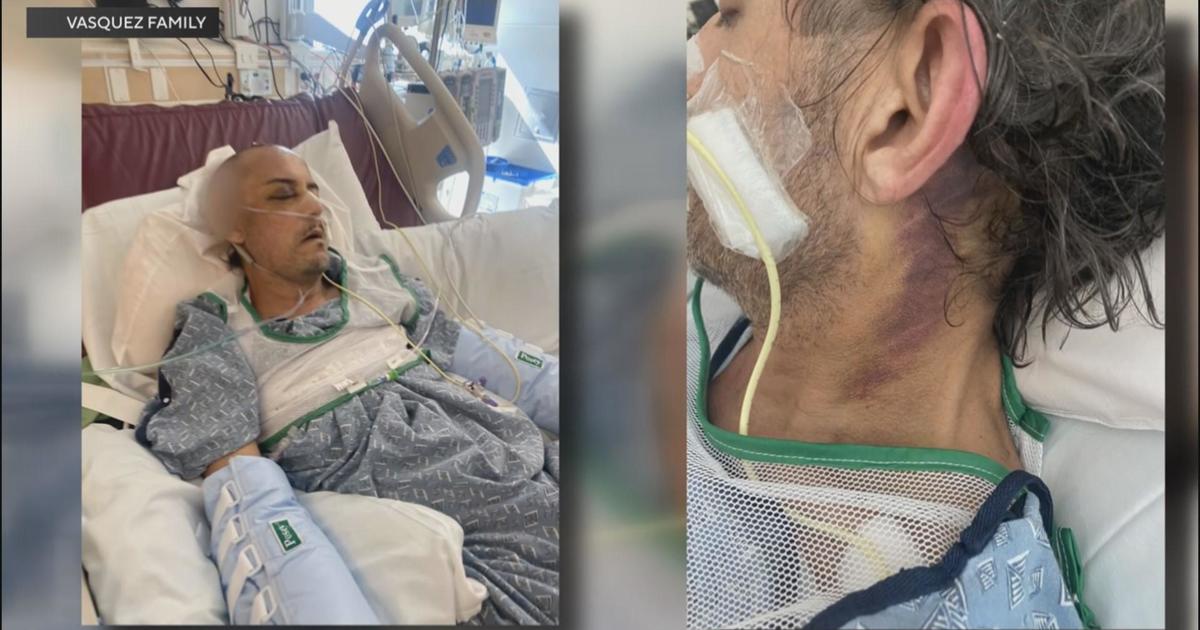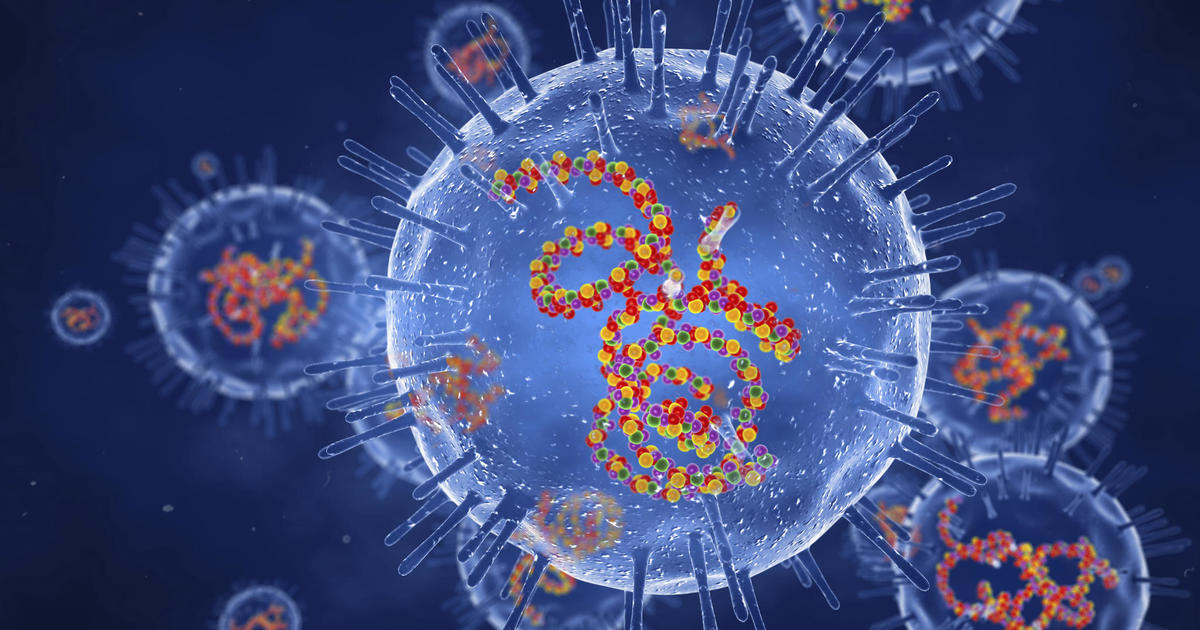Fate Of Man Charged In DUI Death Of Adenhart In Jury's Hands
SANTA ANA, Calif. (AP) — A man charged with murder in a drunken-driving collision that killed rookie Los Angeles Angels pitcher Nick Adenhart and two other people didn't care about anyone but himself when he decided to drink that day and must accept responsibility for his actions, a prosecutor said Thursday.
Defendant Andrew Gallo "carries the entire burden of this crime. Their deaths lie squarely at his feet," Deputy District Attorney Susan Price said in her closing argument.
"This is a man who society and the court and people and friends and family have tried to warn about the dangers of drinking and driving, and his arrogance and his need to party prevented him from learning that lesson," she said.
Jurors began deliberating Thursday afternoon after the conclusion of closing arguments and the reading of instructions by the judge. The panel recessed until Friday without reaching a verdict.
Gallo, 23, has pleaded not guilty to three counts of second-degree murder in the deaths of the 22-year-old Adenhart, 20-year-old Courtney Stewart and 25-year-old Henry Pearson. He has also pleaded not guilty to hit-and-run and two other alcohol-related felonies.
Podcast
Reporter Ron Kilgore Reports From Courthouse
Prosecutors allege Gallo drank for hours with his stepbrother at three bars, got behind the wheel and sped through a red light, T-boning the other car and killing three of its four occupants.
He also was accused of fleeing the scene before police found him two miles away running against traffic on the shoulder of a freeway.
Stewart, who was driving the car, and Pearson died instantly. Adenhart died later in surgery, just hours after pitching six scoreless innings in his Angels season debut. Another passenger, Jon Wilhite, survived but has needed extensive rehabilitation because the impact separated his spine from his skull.
Defense attorney Jacqueline Goodman countered in her closing argument that Gallo admits driving while intoxicated but stressed he is not a murderer. She became emotional at times and was reprimanded by the judge outside the jury's presence as she argued that Price had not shown beyond a reasonable doubt that Gallo was driving.
She said neither Gallo nor his stepbrother remembered the events leading to the crash, and the shattered windshield on the left side of Gallo's minivan indicated the driver's head hit glass on impact. Gallo had no injuries to his head but his stepbrother did, she told jurors.
"I think he was the driver, but I couldn't live with myself if I didn't bring these things to your attention because I think there's reasonable doubt," Goodman said. Gallo "says he was driving and he believes it, but I've got concerns on a triple murder case for a 23-year-old man."
Prosecutors decided to charge Gallo with second-degree murder -- not the lesser related charge of manslaughter. The jury does not have the option of convicting on manslaughter. If Gallo is acquitted, he would go free because he cannot be tried twice for the same offense.
Prosecutors say they charged the case as a murder because Gallo had a previous DUI conviction, had specific knowledge of the dangers of drinking and driving from his own experience and signed a court form from the earlier case saying he understood he could be charged with murder if he drove drunk again and killed someone.
To win a murder conviction, prosecutors must show Gallo acted with implied malice: intentionally drove drunk; acted with a conscious disregard for human life; and knew from his personal experience that he could kill someone.
Price, the prosecutor, addressed the issue with jurors, saying Gallo's family, previous attorney and his alcohol-treatment counselors all explicitly warned him of the dangers of drunken driving.
"Crashing his car in 2005 should have told him drinking and driving was dangerous," she said. "What more could society do to educate this man that drinking and driving is dangerous so he doesn't do it again? What more?"
Defense witnesses testified during the two-week trial that Gallo believed his stepbrother was his designated driver, and that Gallo only took the wheel because his stepbrother got too drunk and asked him to drive.
Goodman also presented expert witnesses who testified that people in alcohol-induced blackouts, as Gallo was, lose their sense of judgment of right and wrong.
Price countered that it made no difference whether Gallo thought he had a designated driver and also ridiculed the defense claim that Gallo was too intoxicated to know better.
Gallo could face more than 50 years to life in prison if convicted on all charges.
(© Copyright 2010 The Associated Press. All Rights Reserved. This material may not be published, broadcast, rewritten or redistributed.)



